MOPAN 3.0 Methodology Digest & Manual
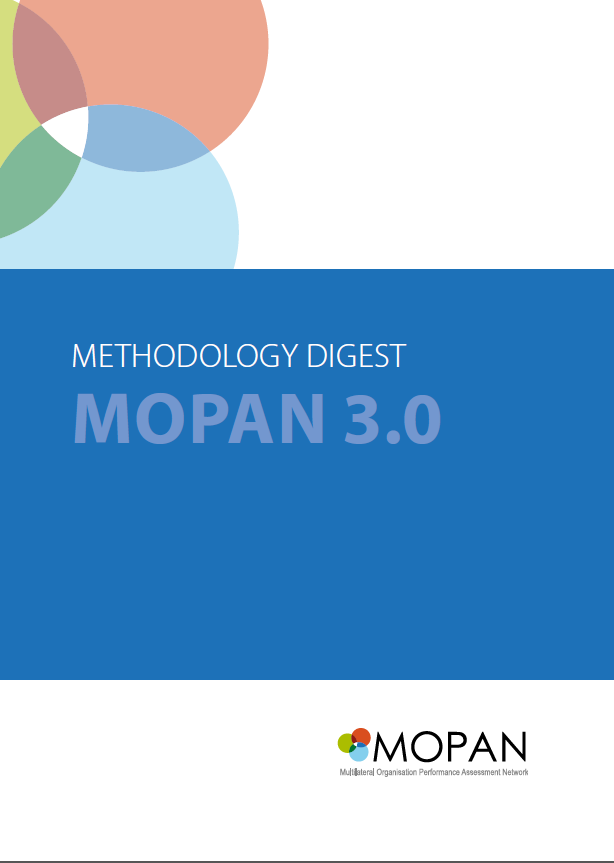
Introduction
MOPAN 3.0 is a new operational and methodological iteration of how the Network will assess organisations. It builds upon the former Common Approach, implemented by the Network from 2009 through 2014. This digest offers a summary of the design and function of MOPAN 3.0. It draws on a more comprehensive Methodology Manual which is also available. Annex A contains the list of multilateral organisations assessed during the 2015-16 cycle and countries where information is collected.
Framing questions
- Relevance: Do multilateral organisations have sufficient understanding of the needs and demands they face in the present, and may face in the future? In essence, are we doing the right thing?
- Efficiency: Are the organisations using their assets and comparative advantages to maximum effect in the present and are the prepared for the future? Are we doing it the it the right way?
- Effectiveness: are their systems, planning and operations fit for purpose? Are they geared in terms of operations to deliver on their mandate? Is form aligned to function?
- Impact/Sustainability: Are the organisations delivering and demonstrating relevant and sustainable results in a cost-effective way? How do we know?
You can now access both publications attached.
Test content
NEW: Italy joins MOPAN
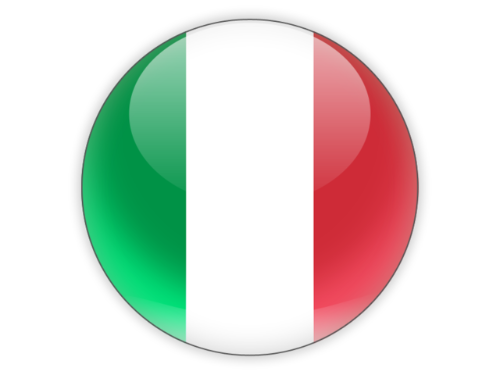
Italy has officially joined MOPAN as its 18th member, along with Australia, Canada, Denmark, Finland, France, Germany, Ireland, Japan, Korea, Luxembourg, The Netherlands, Norway, Spain, Sweden, Switzerland, the United Kingdom and the United States of America.
Italy's membership marks an important step for MOPAN as all 18 members together contribute 95% of DAC countries' funding to and through the multilateral system, i.e. 53bn USD (based on 2015 figures).
Italy’s ODA contribution to the multilateral system is almost USD 2.5 billion (2015), making it the 7th-largest contributor to multilateral agencies among DAC countries. You can access the available data through this link: http://data.oecd.org/oda/net-oda.htm
Official development assistance (ODA): 2015 Statistics
A considerable proportion of ODA is channelled through multilateral organisations. While other forms of ODA increased, ODA channelled through multilateral organisations has remained relatively stable over the last years, decreasing by 0.2% in real terms to USD 62.4 billion between 2014 and 2015.
Table 1: ODA to and through multilateral organisations (all donors, 2015)
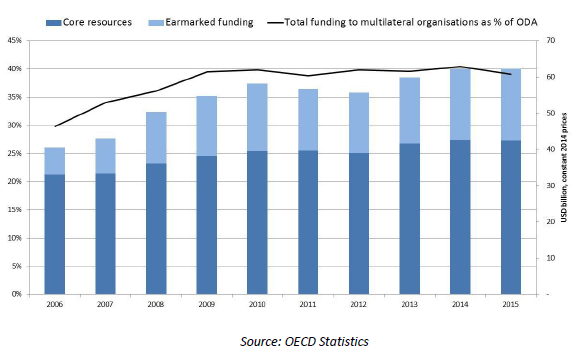
Earmarked funding, which is more volatile and transaction-heavy than core funding – is becoming more prevalent. Earmarked funding doubled between 2007 and 2015 (from USD 10 billion to USD 20 billion), while core contributions only grew by 28% (from USD 33 billion to USD 42 billion). These trends pose important questions regarding commitment to multilateralism in the context of the 2030 Agenda where funding patterns carry important implications for the effectiveness of multilateral organisations, their incentive structures and their ability to efficiently achieve results.
What are MOPAN members contributing?
In 2015, MOPAN members delivered 95% of the DAC’s funding to and through Multilateral Organisations. On average, 66% of their funding to/through Multilateral Organisations is core funding; it ranges from 97% (France) to 43% (USA). (Source: OECD Creditor Reporting System, January 2017).
Table 2: Funding by MOPAN members
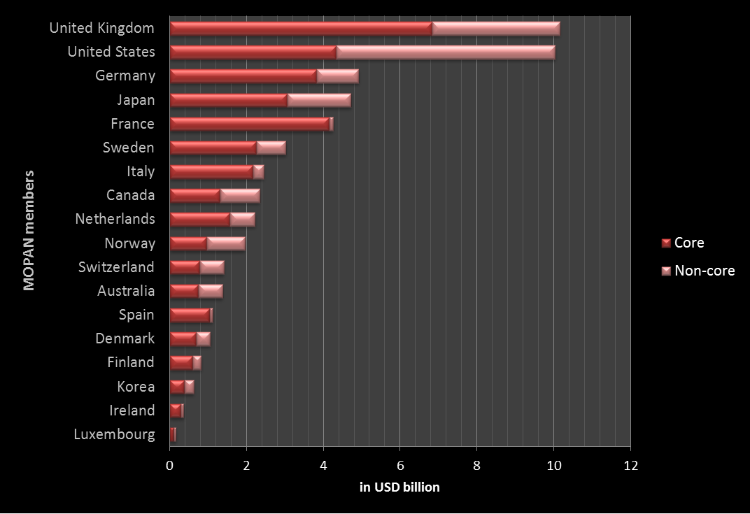
More information on ODA can be accessed in the following link: https://data.oecd.org/oda/net-oda.htm
Launch of MOPAN 2015-16 Assessments
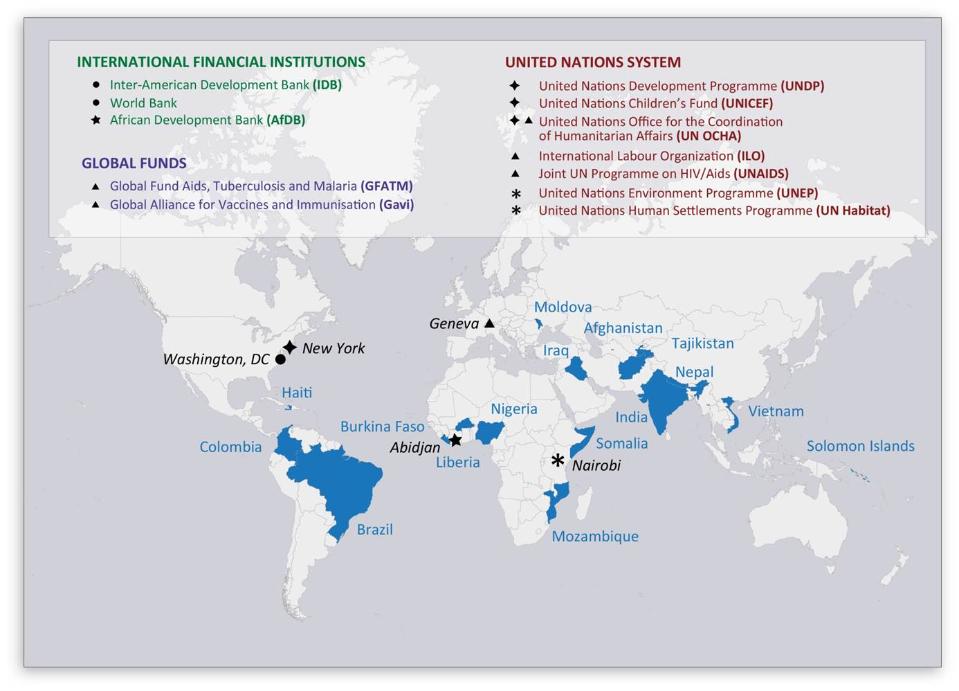
The Multilateral Organisation Performance Assessment Network (MOPAN) finalised its 2015-16 cycle. Over this two-year cycle , the Network assessed the organisational performance and effectiveness of the AfDB, Gavi, the Global Fund, IDB, ILO, UN Habitat, UNAIDS, UNDP, UNEP, UNICEF, UNOCHA and the World Bank.
This cycle uses a new methodology, MOPAN 3.0. The assessements are based on a review of documents of multilateral organisations, a survey of clients and partners in-country, and interview and consultations at organisation headquarters and in regional offices. The assessments provide a snapshot of four dimensions of organisational effectiveness (strategic management, operational management, relationship management and performance management), and also cover a fifth aspect, development effectiveness (results). Under this new mehtodology, the Network assessed more organisations concurrently, collecting data from 16 partner countries. MOPAN does not compare or rank the organisations.
How to use these reports?
The video below offers a snapshot of how our MOPAN reports can be used.
The reports are available on our Assessment Library. For more information, please contact us at mopan@oecd.org.
SENIOR APPOINTMENT: Ms. Suzanne Steensen joins MOPAN as the New Head of Secretariat
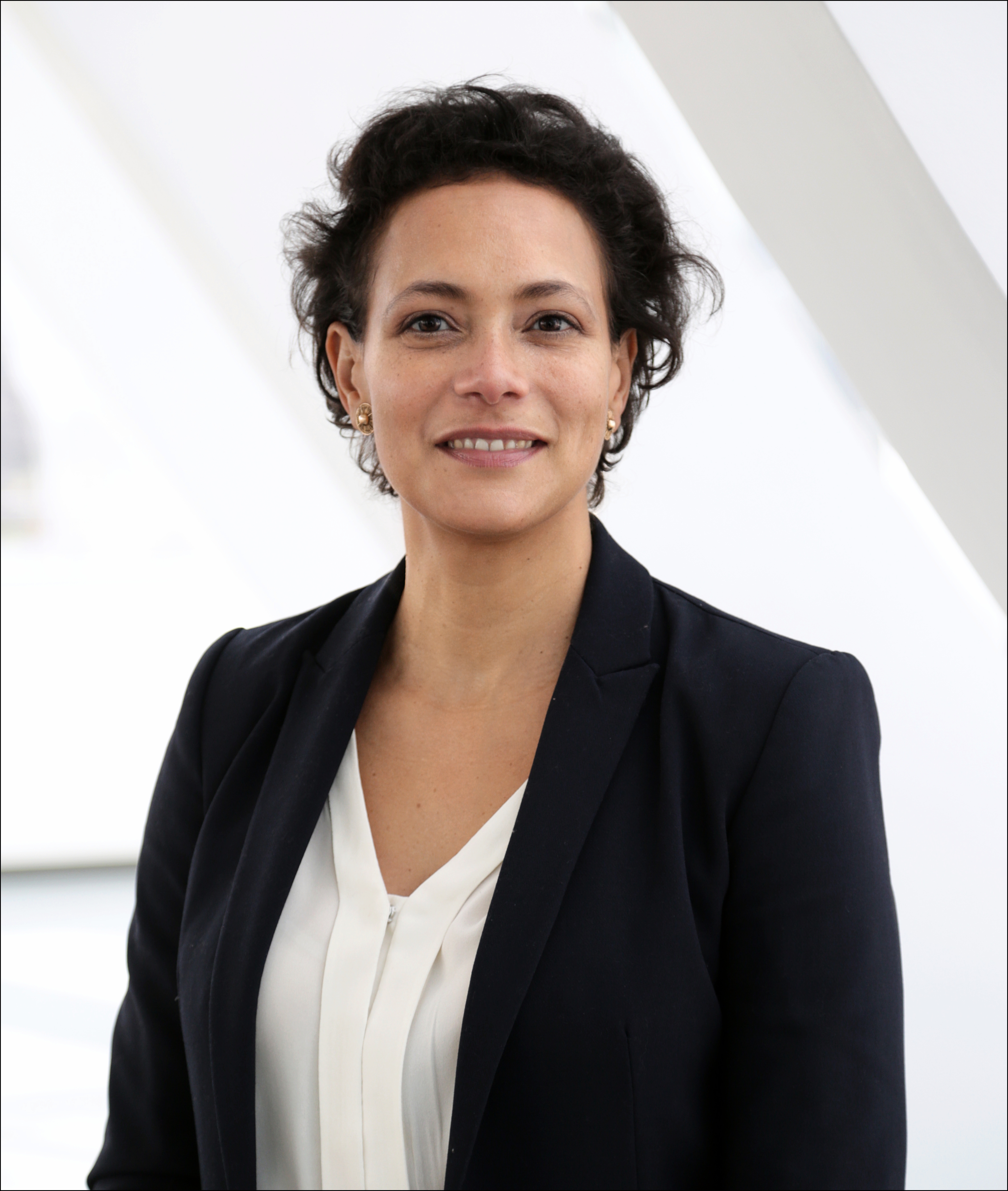
Suzanne Steensen joined MOPAN on 1 June 2017. Ms Steensen is an economist with 20 years’ experience in international development co-operation, working on development finance in bilateral and multilateral contexts. Since 2011, she has worked as the head of the Development Finance Architecture and Global Governance unit in the OECD’s Development Co-operation Directorate.. She has successfully implemented new strategic orientations of the policy work and spearheaded innovative OECD work-streams on standard setting, benchmarking and analysis of the changing development finance landscape. She has also been a key driver in building new partnerships, including with the UN, in the run-up to the 2015 Third International Conference on Financing for Development and the adoption of 2030 Agenda on Sustainable Development. Prior to joining the OECD in 2007, Ms Steensen held several positions within the Danish Ministry of Foreign Affairs’ bilateral development co-operation branch (Danida) and with international consultancy firms COWI and NIRAS, managing programmes on specific sectors such as energy, environment and transport in both OECD and developing countries. Ms Steensen, a Danish and Togolese national, holds a Master’s Degree in Mathematical Economics from the University of Copenhagen (1998).
Email contact:Suzanne.steensen@mopanonline.org

